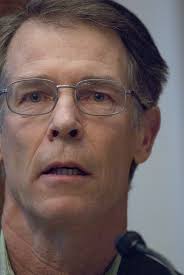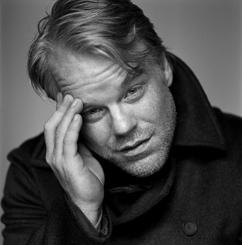Another interesting excerpt from a book I have read/am reading/or saw as I was browsing that was meaningful to me. I suppose one is obliged to say that because I reprint something here doesn't necessarily imply agreement, endorsement, ideological solidarity with the author, etc.
This passage is the first paragraph of Robert Nozick's 1981 book, "Philosophical Explanations," published by the Belknap Press of Harvard University Press. Including the index, the book is 764 pages long. I have not read it, nor do I ever intend to. The back cover boasts that Nozik's book "has been hailed by the critics as a notable intellectual event ...."
I, too, seek the unreadable book: urgent thoughts to grapple with in agitation and excitement, revelations to be transformed by or to transform, a book incapable of being read straight through, a book, even, to bring reading to a stop. I have not found that book, or attempted it. Still, I wrote and thought in awareness of it, in the hope that this book would bask in its light. That hope would be arrogant if it weren't self-fulfilling -- to face the light, even from great distance, is to be warmed. Is it sufficient, though, when light is absent, to face in the direction it would emanate from?
This passage is the first paragraph of Robert Nozick's 1981 book, "Philosophical Explanations," published by the Belknap Press of Harvard University Press. Including the index, the book is 764 pages long. I have not read it, nor do I ever intend to. The back cover boasts that Nozik's book "has been hailed by the critics as a notable intellectual event ...."
I, too, seek the unreadable book: urgent thoughts to grapple with in agitation and excitement, revelations to be transformed by or to transform, a book incapable of being read straight through, a book, even, to bring reading to a stop. I have not found that book, or attempted it. Still, I wrote and thought in awareness of it, in the hope that this book would bask in its light. That hope would be arrogant if it weren't self-fulfilling -- to face the light, even from great distance, is to be warmed. Is it sufficient, though, when light is absent, to face in the direction it would emanate from?


 RSS Feed
RSS Feed
